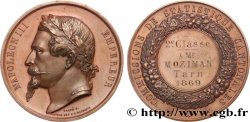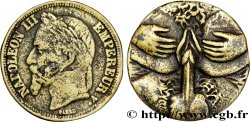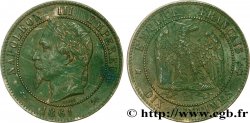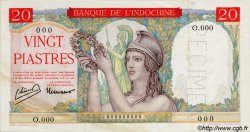fme_741789 - SECOND EMPIRE Médaille en mémoire du comte de Rigny pour la bataille de Navarin
380.00 €(Approx. 429.40$ | 323.00£)
Quantity
Add to your cart

Type : Médaille en mémoire du comte de Rigny pour la bataille de Navarin
Date: 1855
Metal : bronze
Diameter : 50,9 mm
Orientation dies : 12 h.
Engraver DOMARD Joseph-François (1792-1858)
Weight : 54,32 g.
Edge : lisse
Puncheon : sans poinçon
Rarity : R2
Coments on the condition:
Patine marron hétérogène, des traces de manipulation dans les champs. Présence de quelques rayures
Obverse
Obverse legend : CTE DE RIGNY VGE AMIRAL DEPTE MINTRE DE LA MARINE NE A TOUL EN 1783MCRT EN 1855.
Obverse description : Tête du comte de Rigny à gauche, singé : DOMARD F..
Reverse
Reverse legend : BATAILLE DE - NAVARIN / XX OCTOBRE - MDCCCXXVII.
Reverse description : Victoire ailée sur un navire, tenant un navire et un foudre, et légende en 2 lignes de part et d’autre. Signé : DOMARD.
Commentary
Marie Henri Daniel Gaulthier, comte de Rigny, né à Toul (Lorraine) le 2 février 1782 et mort à Paris le 6 novembre 1835, est un officier de marine et homme politique français.
La bataille de Navarin est une bataille navale qui s'est déroulée le 20 octobre 1827, dans la baie de Navarin (ouest du Péloponnèse) entre la flotte ottomane et une flotte franco-russo-britannique dans le cadre de l'intervention de ces trois puissances lors de la guerre d'indépendance grecque. À l'issue des combats, la défaite ottomane est totale.
La bataille de Navarin est une bataille navale qui s'est déroulée le 20 octobre 1827, dans la baie de Navarin (ouest du Péloponnèse) entre la flotte ottomane et une flotte franco-russo-britannique dans le cadre de l'intervention de ces trois puissances lors de la guerre d'indépendance grecque. À l'issue des combats, la défaite ottomane est totale.







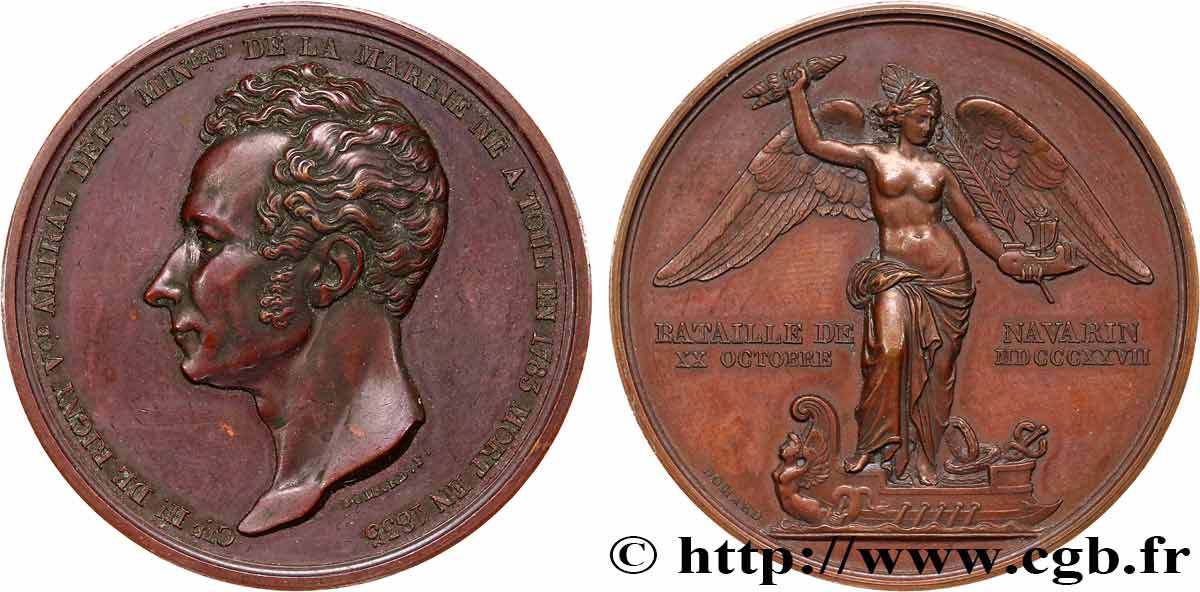
 Report a mistake
Report a mistake Print the page
Print the page Share my selection
Share my selection Ask a question
Ask a question Consign / sell
Consign / sell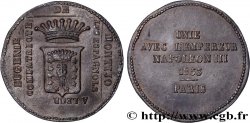
 Full data
Full data
